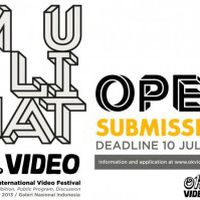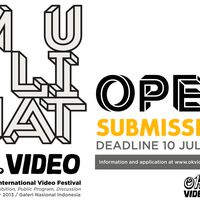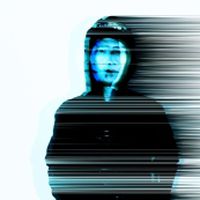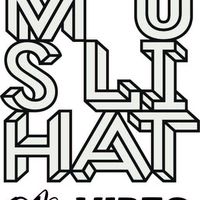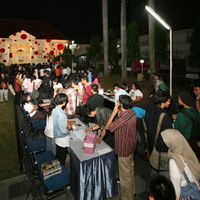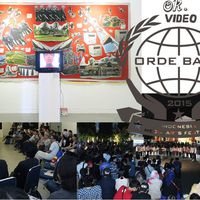Muslihat OK. Video | Interview with Andreas Siagian
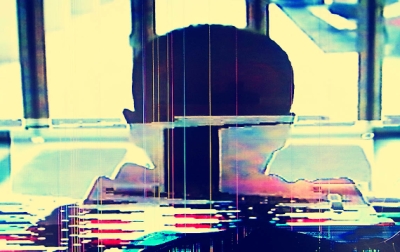
- Could you briefly tell us about your work and how you became involved with MUSLIHAT OK. Video?
I'm a member of 'Lifepatch - citizen initiative in art, science and technology'; a small organization based in Yogyakarta, Indonesia. Our activities are mostly focused on alternative education and interdisciplinary collaboration in art and science using affordable and appropriate technology on the practices. One of our installation titled 'Moist Sense' is selected for Media Art Kitchen exhibition, a project which is part of Muslihat - OK Video Festival, 2013. Other than that we are also giving a workshop on making a DIY digital microscope from a webcam for the festival. My role in the organization and as a personal, are mostly focussed on DIY/DIWO practices, and experimental audiovisual performance and installation.
- How would you define the role of technology within Indonesian society?
Consuming. There has been major significant increase of the role of technology for the past 20 years which is mostly driven by consumer technology trends especially in Information and Communication Technology (ICT). On the other hand, this increase is not balanced with the development of technology in other fields, especially basic infrastructure for the society. This is caused by many things, notably under-investment and poor strategical planning in technology implementation on basic infrastructures. It is realistic to see the reason numbers of foreign investments were aiming on infrastructure development to exploit our consumption potentials and its' progression are in line comparison with the growing magnitude of public consumption on technology-based products.
At the present time, I think we are consuming technologies like hungry omnivores which made it seen as both ways that those technologies is also consuming us. We practically consume almost all that were offered on the markets. We're on the stage of spoiling our curiosities on new technology and becoming a loyal follower of consumer technology trends. Generally speaking, this stage is inevitable and could go on forever. However, the practices of formal and informal educations have a major role in encouraging us not only to consume, but also to digest and process in critical, practical, appropriate and creative use of technology.
- Has it changed the way people behave? Is it a boost for creative practices and people?
Yes. I see fast cultural shift on the society which are mainly dominated by rapid developments of ICT. In my opinion, it is a boost specially on creative practices and creative people using digital-based technology as their main tools.
Andreas Siagian is a cross disciplinary artist with an engineering background focusing on creative communities, alternative education practices, DIY/DIWO culture and interdisciplinary collaboration in art, science and technology. Since 2004, he is working in community-base initiatives to produce installations, workshops, lectures and organising events as well as festivals in Indonesia. His collaborative actions with the local creative community developments included him as a co-founder of several initiatives such as breakcore_LABS, a platform for experimental audiovisual performance; urbancult.net, an online street art documentation and mapping for Indonesia and lifepatch.org – 'citizen initiative for art, science and technology', an independent community-based organization working in creative and appropriate application of technology in the fields of art and science.

